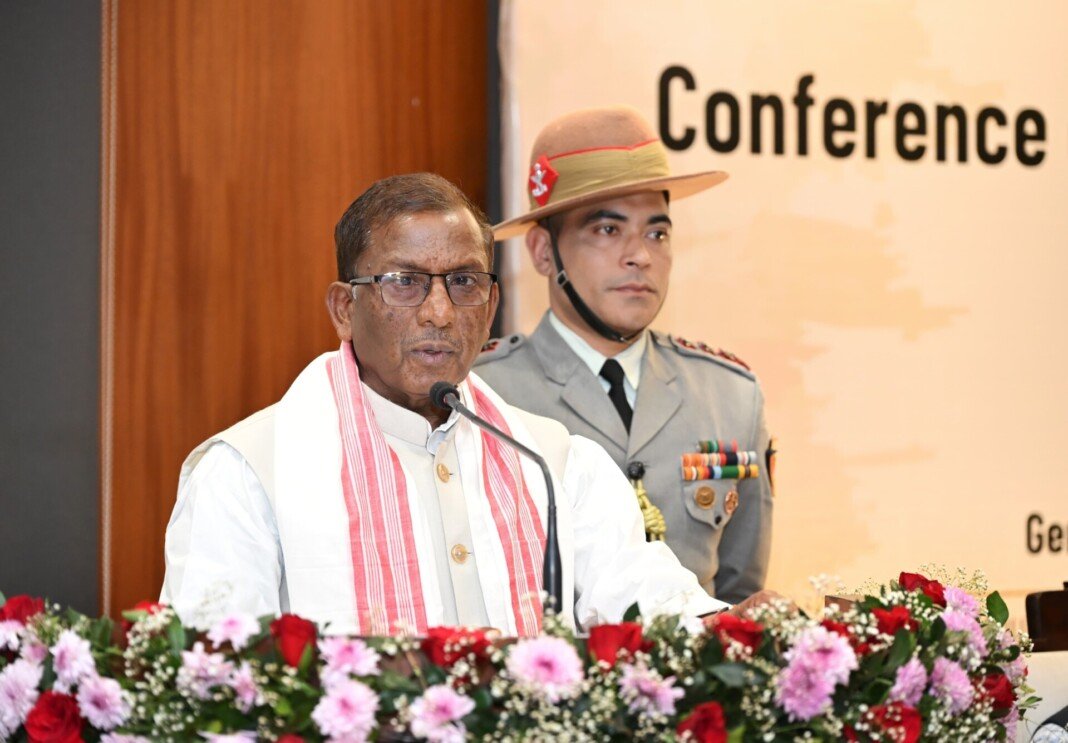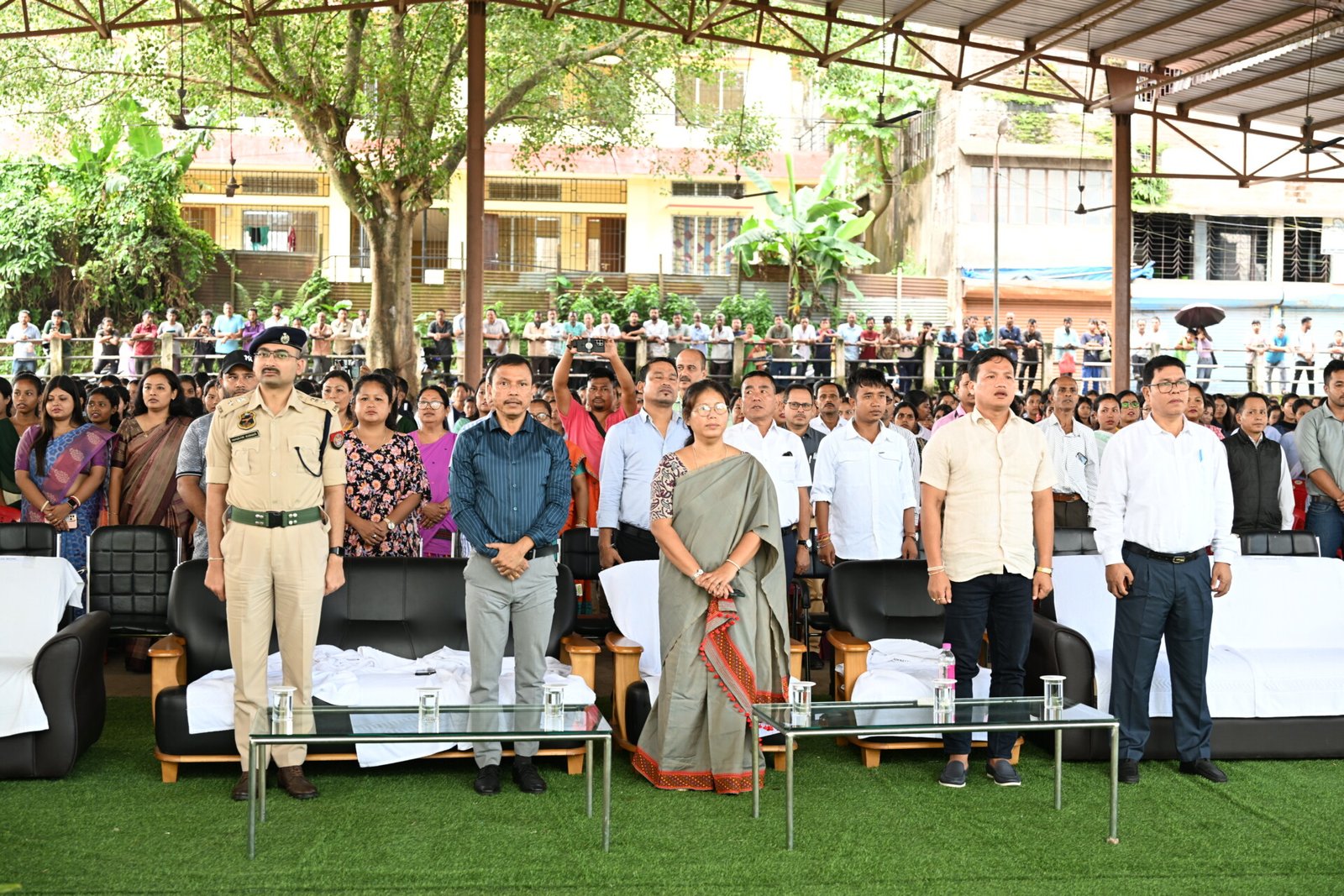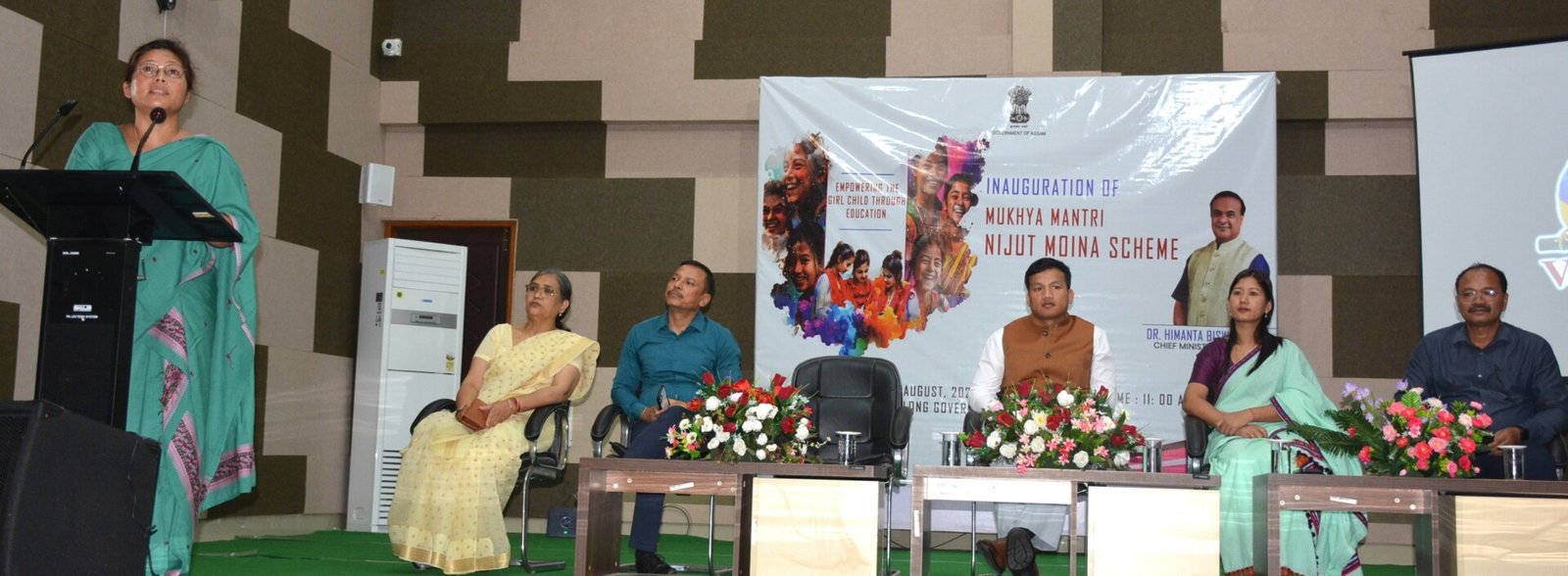HT Bureau
GUWAHATI, Feb 22: In a bid to enchance students practical skills, Assam Governor Lakshman Prasad Acharya on Saturday called for stronger partnerships between universities and industries.
He was speaking a conference on Higher Education in Assam 2025, at the Assam Administrative Staff College which was also attended by minister of Education, Dr Ranoj Pegu.
During the conference, several key issues were addressed including disconnect between academic curricula and industry requirements.
“Governor Acharya called for stronger partnerships between universities and industries to provide students with practical skills, internships, and vocational training, all of which are vital for enhancing employability and fostering economic growth,” an official statement from the Raj Bhavan said.
Acharya, who is also the Chancellor of the state’s universities, addressed the gathering with a message focused on the future of higher education in the state.
“Education is the backbone of any society’s development, and higher education, in particular, serves as the foundation for a nation’s intellectual, scientific, and social progress,” the Governor said.
The Governor opined that review meetings provide an invaluable opportunity to track achievements, address challenges and make informed decisions that drive improvement.
“The frequent meetings promote accountability, encourage transparency, and foster collaboration which are essential for building a productive and efficient educational system,” he added.
The Governor also underscored Assam’s potential as an educational hub, highlighting the state’s evolution from ancient Vedic learning to its present-day stature as home to prestigious universities, colleges, and institutions. He reflected on the importance of continued innovation in the higher education sector, urging the academic fraternity for adoption of modern teaching methodologies, digital platforms, and research-driven solutions to tackle contemporary challenges.
Governor Acharya further emphasised the need for inclusive education, stressing that higher education must be accessible to all students, regardless of their socio-economic backgrounds. Additionally, the Governor also laid emphasis on research and international collaboration, advocating for a greater focus on cutting-edge research, interdisciplinary studies, and partnerships with global institutions.
In tackling the issue of dropout rates, Governor Acharya highlighted several strategies, including mentorship programs, career counseling, and targeted interventions for relatively high risk students. He also underscored the role of faculty members in shaping young minds, stressing on plans to fill vacant teaching positions promptly, and improving recruitment and training processes.
Further, the Governor pointed out that the adoption of the e-SAMARTH platform could significantly enhance transparency in data management across institutions.
Highlighting the importance of digital learning, Acharya hailed Assam’s progress on the SWAYAM platform, encouraging further participation and the integration of online courses into university curricula.
“He (The Governor) also recognised the importance of gender inclusivity and advocated for encouraging more female participation, particularly in technical education,” the statement added.
Commenting on the National Education Policy (NEP) 2020, the Governor lauded Assam’s strides in aligning with the visionary framework laid by NEP 2020.
“The NEP 2020, with its emphasis on holistic, flexible, and multidisciplinary education, will guide Assam toward becoming a national model for educational excellence,” he stated.
Advisor to Raj Bhavan Secretariat Dr Harbansh Dixit, advisor, Higher Education Government of Assam, Prof. Debabratata Das, commissioner & secretary to the Governor of Assam S S Meenakshi Sundaram, secretary Higher Education Narayan Konwar along with a host of other senior officers were present in the conference.
The conference which was organised by the Raj Bhavan in association with Department of Higher Education also saw the participation of Vice Chancellors of the universities both public and private and the Principals of Autonomous colleges and renowned academicians.












